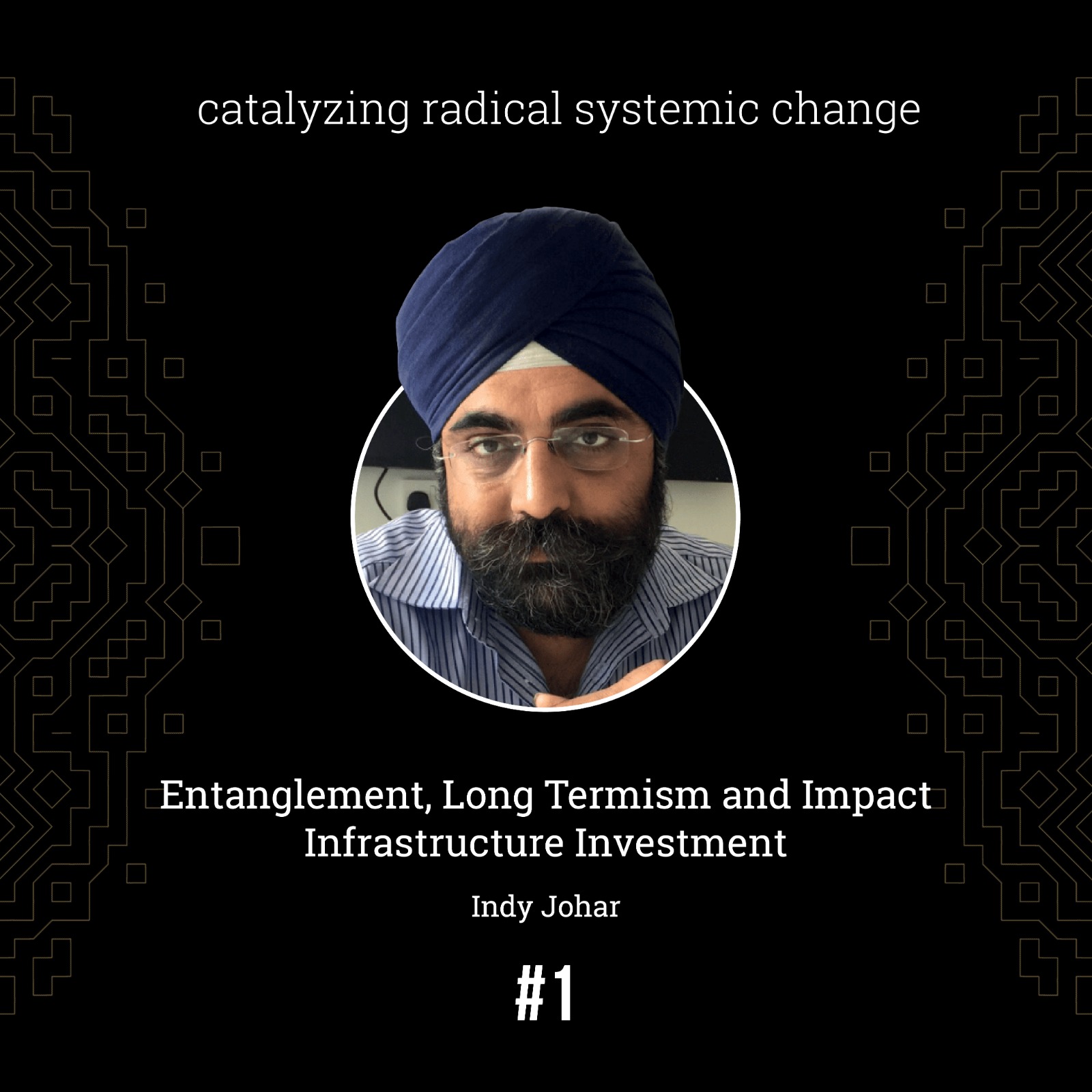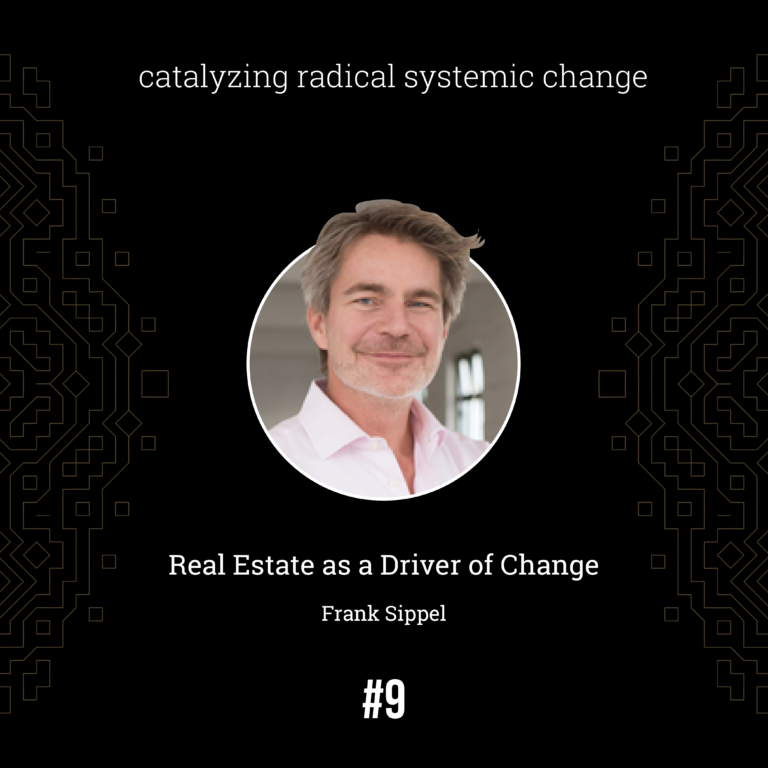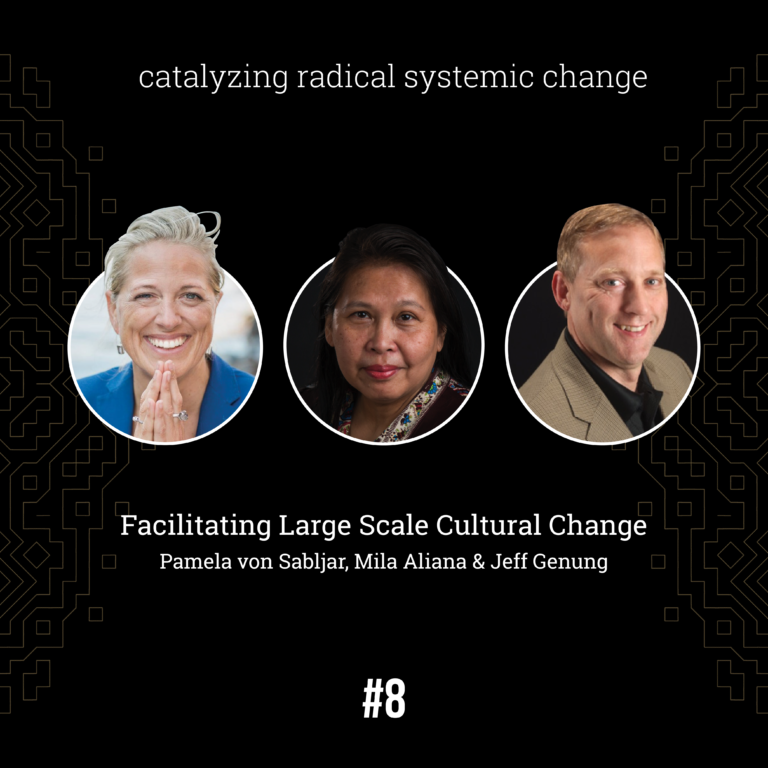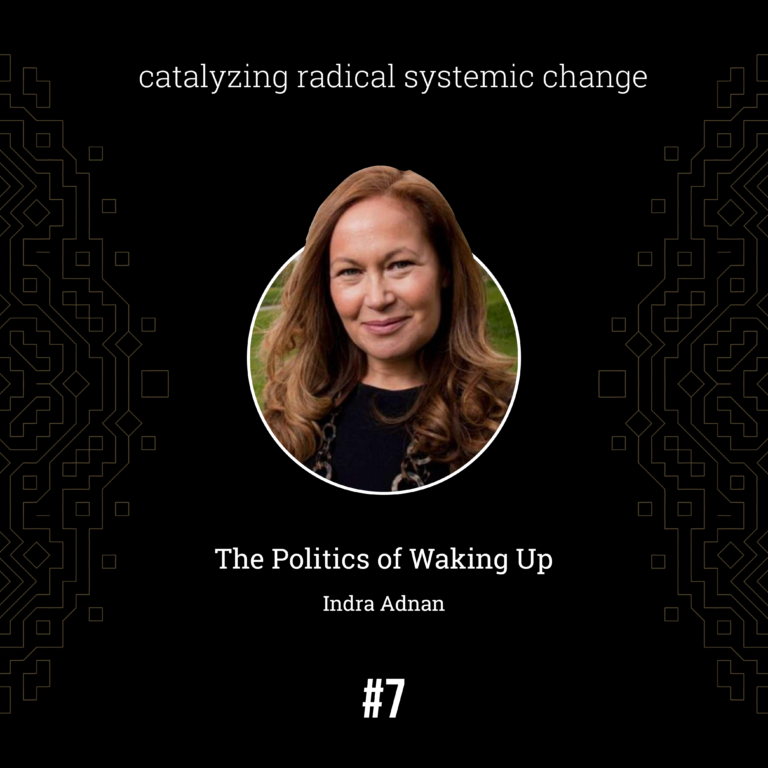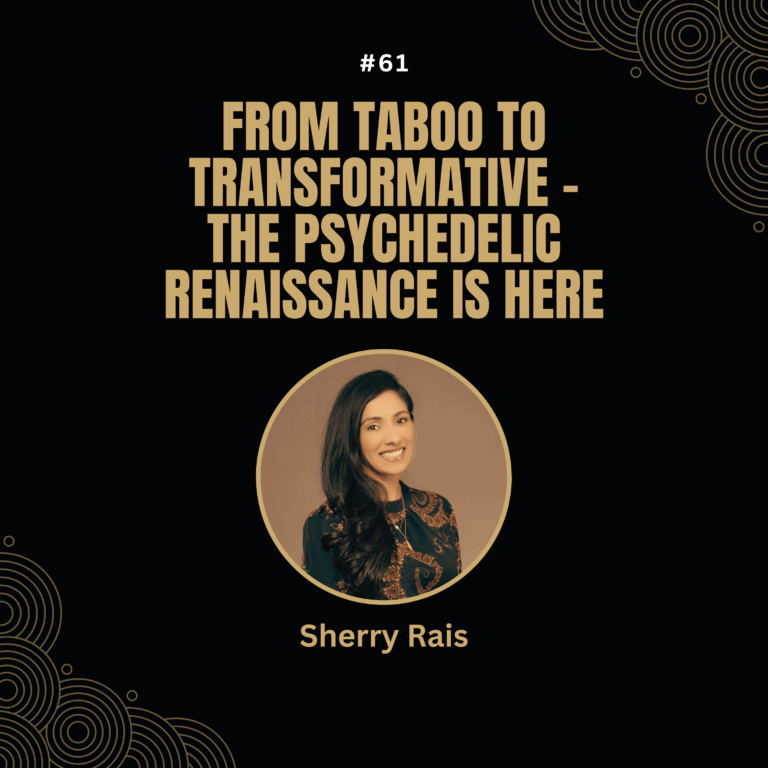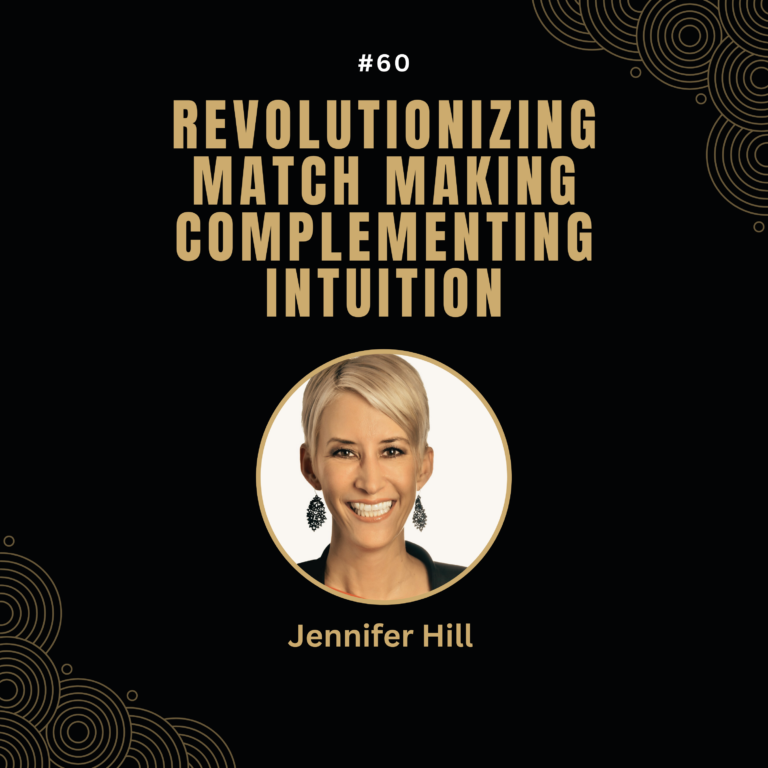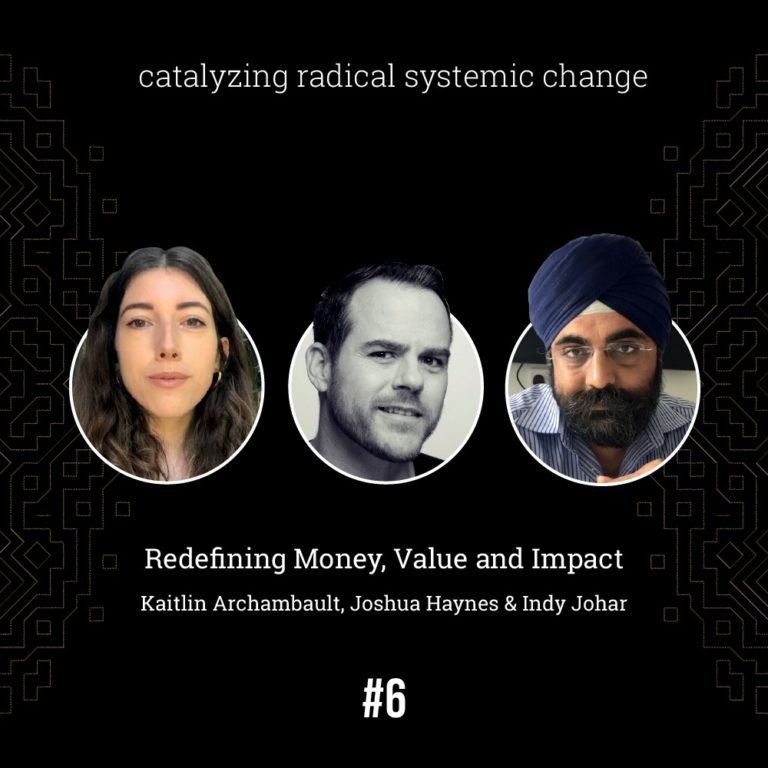In the first edition of „catalyzing radical systemic change“ we are looking into the very foundations that make up our everyday reality as citizens and share hands-on examples to build a regenerative future together.
- How can we restructure property rights so that all citizens participate in long and sustainable wealth creation?
- How can we recode our democratic institutions to unlock the collective intelligence and wisdom of its citizens?
- How do we move from a paradigm of ownership to one of care?
- How can we enable the self-sovereignty of for example a forest as to capture its entangled value?
- How do we build the generative context for longitudinal value?
- How can we incorporate long termism into financial products for intergenerational asset management?
- One of the key levers for unlocking massive funds is to structure and create new asset classes for infrastructure investment, with the sketched example of TreesAI as the asset class closest to market. And with the magnitude of the challenges ahead this also needs a look into whole city retrofit as an entangled asset class.
- The key is unlocking the plethora of co-benefiary spillover effects these new types of asset classes carry. Which is a once in a couple of generations opportunity ahead.
Deep time & long termism
How can we nuance and balance i.e. second and third order effects of long termism, where often an unhealthy marriage of the few ultra wealthy marry the concept with transhumanism? And how can we make sure that long termism as a concept doesn’t become an ideology to escape the challenges we are facing now as humanity, despite obviously the future generations outnumbering us always?
Entanglement
We know, for example, that climate change is not an isolated crisis: it is fundamentally a symptom of a structural problem in how we govern and how our relationships in the world are governed — in terms of our relationship with the future, our relationship with the natural and material world and our relationship with each other.
We live in an age of entanglement, where the externalities we generate create huge problems in space and in time. It’s difficult for each of us to be part of and have a say in these deep systemic change processes. It can be easier if we equip our systems to learn and democratize the transformation of the way we care, feed, house, power or move on a daily basis.
Co-Benefits
We take a look at the project TreesAI, as just one example of how we can create new ways to capture the various co-benefits that trees in an urban environment procure, such as reduced noise levels, improved air quality, storm water reduction, improved biodiversity and many more.
Spill-over value
The High Line Effect shows very clearly a pathway for citizens in densely populated areas that could profit for the landvalue uplift, instead of investors taking the major share.
Property values could be calculated on a quarterly or yearly basis, with homeowners voting on and sharing a part of their uplift (say 10%) to the communal fund in the form of equity.
Indy Johar is a director, designer and architect based in London. He’s the co-founder of multiple social ventures, such as Dark Matter Labs, who are leaders in researching and developing new support frameworks for collaborative system change. He’s a specialist in creating collaborative system change, while working alongside large multinationals, institutions and guiding their transition to a regenerative economy.
Find out more about Dark Matter Labs at https://darkmatterlabs.org and https://provocations.darkmatterlabs.org.
